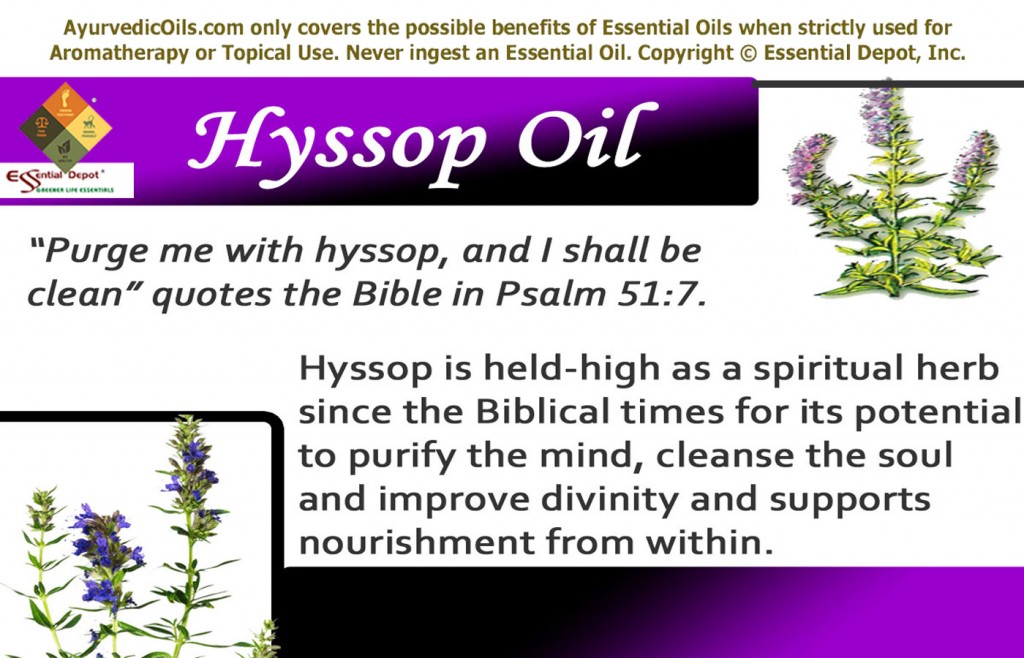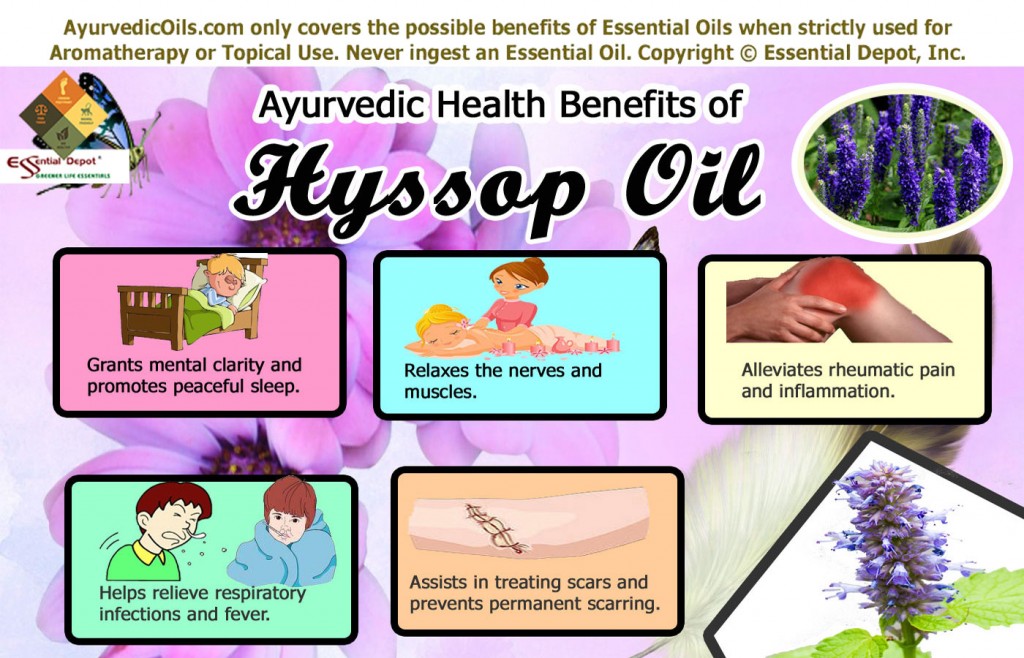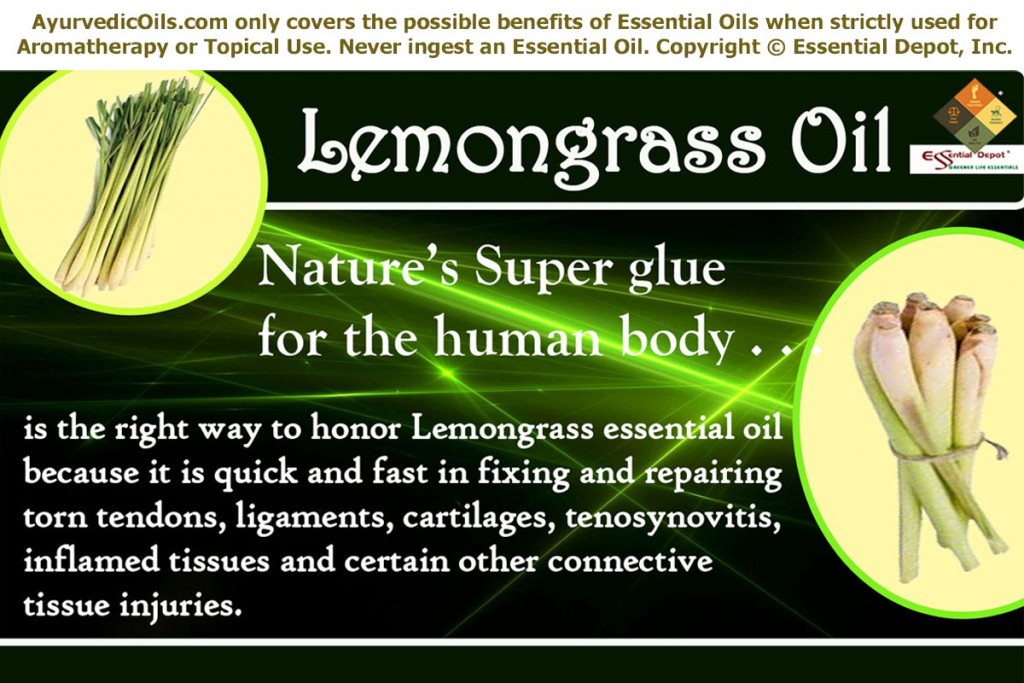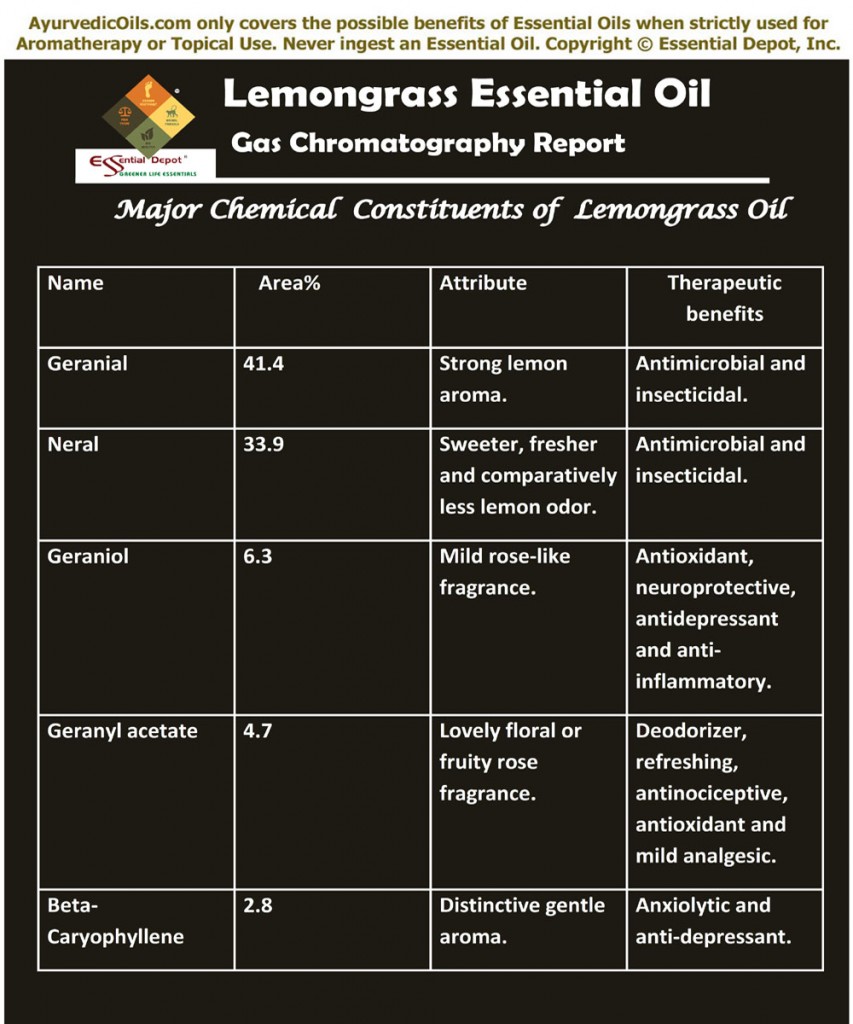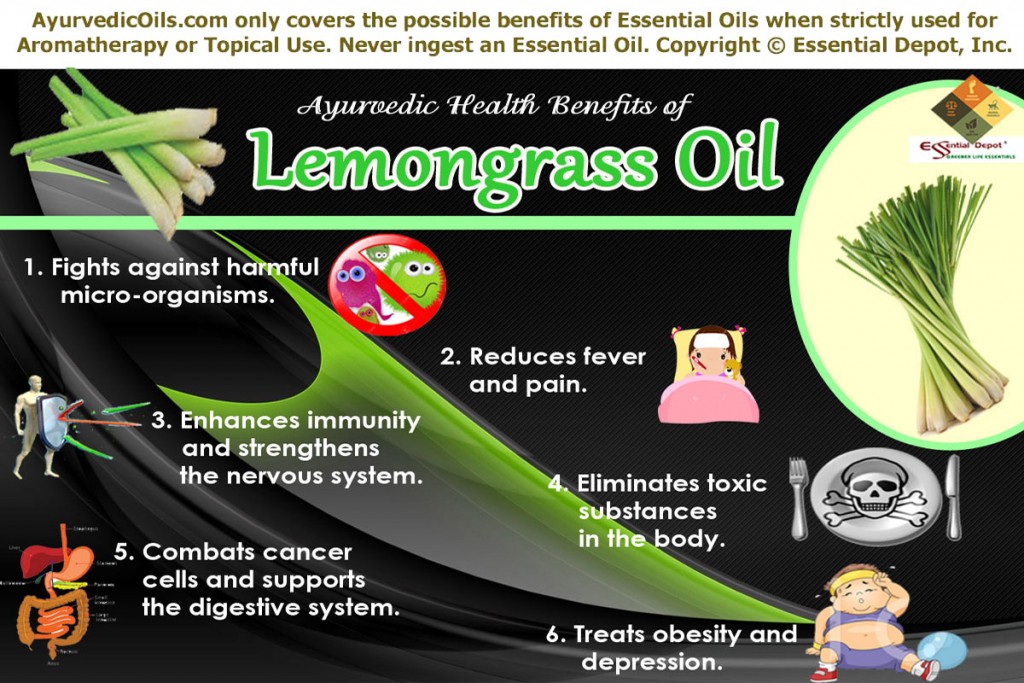How can the ‘world’s worst weed’ embrace innumerable health benefits to mankind!!? That’s the magnitude and immaculate love of ‘Mother Nature’. Besides being regarded as the most invasive weed in the world, Nagarmotha has its name etched in the Ayurvedic encyclopedia, Charaka Samhita (ca. 100 CE) as an excellent natural remedy for treating digestive disorders, fevers, dysmennorhea and certain other health conditions. This herb has also been an incredible part of TCM (Traditional Chinese Medicine) where it is highly regarded as the primary qi (prana or life force) regulating herbal medicine.
The essential oil steam distilled from the rhizomes of this plant has been documented for treating numerous health conditions ranging from Hepatitis B to stress related degenerative diseases. Nagarmotha is the Hindi name of the plant and it is also known as ‘Nut Grass and Cypriol in English, Musta or Mustak in Sanskrit, Shacao in Chinese and Motha in Gujarati.
Purchase Nagarmotha Oil – Wholesale – CLICK HERE
Historical importance Nagarmotha: Indigenous to India, it has been said that Nagarmotha essential oil is extracted from the roots of Cyperus scariosus or Cyperus rotundus plant. Nagarmotha is given 8th rank among 250 potential anti-fertility plants in China. It is also said that this herb has been recorded in the ancient Chinese medicinal book around 500 A.D.
Popularly known as a qi-in-blood medicine in China, Nagarmotha is trusted to penetrate the blood stream and treat irregular menstruation, dysmennorhea or menstrual pain, overdue periods and depression in women mainly during menstruation. Numerous Islamic and Western herbalists like Avicenna, Serapion, Dioscorides, Rhazes, Galen, Charles Alston and Paulus Aegineta have denoted Nagarmotha as deobstruent, stomachic and emmenagogue.
The decoction extracted from the tuber of this plant is used in India for washing hair mainly for its hair strengthening and scalp rejuvenating properties. The ethnic communities of Mirzapur in Uttar Pradesh, India use the rhizome of this herb as an antidote to venomous snake bites. It was also used as a home remedy in treating gastroenteritis and fever.
Nagarmotha essential oil is a part of the ancient art of Vashikarana, where it is trusted that the person who applies this oil on their forehead is certain to enjoy the privilege of a long-lasting string of thriving love affairs. This oil is famous even today in many parts of India as a renowned perfume for scenting saris and other traditional outfits. It has been in use in the production of perfumes, attars, incense sticks, soaps, compounds, hair treatments and in flavoring tobacco products.
Chemical constituents and therapeutic properties: Nagarmotha essential oil contains about 27 chemical constituents that make it extremely effective in treating numerous health disorders. The major chemical constituents are cyperine, pinene, cyperol, cyperone and isocyperol and sesquiterpenes like patchouleneone, rotundene, cyperotundene, kobusone, a-cyperone, isokobusone, sugeonol and b-selinene. The remedial properties of this oil are analgesic, anti-inflammatory, carminative, antipyretic, diuretic, astringent, decongestant, anthelmintic, emmenagogue, antimicrobial, stimulant, tonic, stomachic, hypotensive, diaphoretic and cordial.
Ayurvedic health benefits of Nagarmotha essential oil: The essential oil of Nagarmotha is illustrated in Ayurveda as a natural enhancer of the biological fire and is an effective digestive aid. This ancient natural healing system trusts that every human being is unique and their illnesses should also be treated in a unique manner according to their individual constitution. According to Ayurveda, every individual is made up of three energy elements known as vata, pitta and kapha. Predominance of any one of these doshas determines the personality, traits and characteristic features of a person and dosha imbalances cause sickness.
Ayurvedic therapies mainly focus on treating the pathogenesis or the root cause of the illness rather than just treating the disease for the time being like the contemporary medical practices. The root cause for many illnesses including autoimmune disorders according to Ayurvedic texts is the invasion or the deposits of the toxic substances in the body known as ‘ama’. Ayurveda illustrates Nagarmotha as a detoxifying herb and as the best ama-pachaka (eliminator of endo-toxins).
Nagarmotha essential oil is known to pacify pitta and kapha energies. Let’s take a look at the prominent Ayurvedic health benefits of Nagarmotha oil in accordance to their usage.
1. As an Ayurvedic massage oil: Abhyanga or the art of Ayurvedic massaging grants numerous benefits to the mind, body and the spirit. Massaging is known as the best technique to transform the energies of the essential oils extracted from the herbs to the human body and soul. This is because the therapeutic properties of the oil deeply penetrate through the skin and enter the bloodstream. Maneuvering the affected parts of the body with 3 drops of Nagarmotha essential oil blended with coconut oil assist in treating numerous health disorders.
As an effective carminative and stomachic oil, Nagarmotha when massaged on to the abdomen aids in promoting the process of digestion by augmenting digestive fire, kills intestinal worms, binds stool, controls nausea, treats dysurea, irritation of the bowel and soothes upset stomach. The diuretic properties of this oil also help in eliminating the toxic substances from the body through sweat and urine, making it useful in reducing inflammation as well. Gently massaging the painful areas can help in treating dysmennorhea and rheumatoid arthritis.
The decoction of the rhizomes has been in use for hundreds of years as a natural hair wash. Massaging your scalp with this nourishing blend aids in opening the small capillaries on the scalp, work efficaciously on the sebaceous glands and fortify the hair from the roots by stimulating its strength naturally.
2. In vaporizers and burners: The spicy, earthy, woody, lingering, smoky and camphoraceous aroma of Nagarmotha oil acts as a tonic for the nervous system and influences the regular functioning of the body. Adding 2 drops of this oil in steaming water and inhaling this medicated steam helps in reducing respiratory congestion, cough, bronco-pulmonary congestion, bronchitis, loosening the mucus and phlegm deposits and comforts the digestive system.
The magical aroma of this oil aids in alleviating stress, relieve tension, tone the system and regain your lost energy especially after a long day in the sun. Inhaling the aroma of this oil by adding 2 drops to your burners or diffusers will assist in building up the nervous system and treating digestive disorders like stomach upset, vomiting, diarrhea and loss of appetite.
3. In baths and compress: Using 4 drops of Nagarmotha essential oil in warm bathing water helps in calming down a nervous stomach, check weight gain, discard toxins from the body, relieves menstrual pain and discomfort, reduces rheumatic pain and treats inflammation and anorexia.
A 2007 research on ‘Administration of Cyperus rotundus tubers extract prevents weight gain in obese Zucker rats’ state “Cyperus rotundus tubers extract prove to be a new herbal supplement for controlling body weight preferentially in beta3-AR sensitive species”. This oil can also be used in hot or cold compresses for treating stomach pain, fibromyalgia, muscular aches, kidney stones, abdominal pain, fever and colitis.
4. In cream and lotions: Nagarmotha essential has natural tonifying properties that make its use inevitable in many skin care formulations. 2 to 3 drops of this oil added to your mild skin care cream or lotion can help in curtailing the growth of harmful microbes that affect the skin health. Gently applying this blend on the inflamed parts will help in reducing inflammation and augment blood circulation. Add 4 to 5 drops of Nagarmotha essential oil to unscented cream to lessen skin irritability and other discomforts due to heat.
The research on ‘In Vitro Antioxidant activity and Total Polyphenolic Content of Cyperus rotundus Rhizomes’ by the Department of Siddha Medicine, Tamil University, India have proved that the rhizome extracts of “Cyperus rotundus show free radical scavenging, reducing power and metal chelating activity” with its polyphenolic content and other phytochemicals constituents contributing to its antioxidant properties, which aid in preventing age related oxidative stress associated degenerative diseases.
A 2006 study on ‘Natural composition for curing hepatitis-B, methods for making the same and pharmaceutical formulations thereof’ have proved that a natural antiviral composition with extracts of Cyperus rotundus or Cyperus scariosus and pharmaceutically acceptable carrier aids in treating disorders related to chronic and acute hepatitis B and certain other viral diseases of the liver. This is mainly due to the herb’s positive effect on the liver, easing its detoxification and healing.
Other benefits: Nagarmotha essential oil is said to add a distinguishing and appealing aroma to masculine perfumes. Tom For Men is known as the first perfume to use this herbal formula, followed by other perfumes like Eau d’Issey pour Homme, Xeryus and numerous other popular brands in the market for men. It is also used in making soaps, potpourri, air fresheners, scented candles and certain other aromatherapy products.
Disclaimer: Do not take essential oils internally. Always remember to dilute essential oils in suitable carrier oils before using it topically as pure and organic essential oils are highly concentrated liquids. Avoid using Nagarmotha essential oil on children, epileptics, pregnant or nursing women. Consult your Ayurvedic practitioner before using any essential oil to check whether it would suit your present health condition and unique individual constitution.
Thought for the day:
I go to nature to be soothed and healed, and to have my senses put in order. -John Burroughs
Suggested Reading:
- The Natural Remedy Bible by John Lust, Michael Tierra
- The Encyclopedia of Essential Oils: The Complete Guide to the Use of Aromatic Oils In Aromatherapy, Herbalism, Health, and Well Being by Julia Lawless
- Greco-Arab and Islamic Herbal Medicine: Traditional System, Ethics, Safety, Efficacy, and Regulatory Issues by Bashar Saad, Omar Said
Reference Links:
- Nagarmotha: A detoxifying herb by Dr. R. Vatsyayan, Ayurvedacharya published in The Tribune
- Nagarmotha by Planet Ayurveda
- Cyperus scariosus or Cyperus rotundus, an old famous Sedge from ancient Egypt and China published in MDidea
- In Vitro Antioxidant activity and Total Polyphenolic Content of Cyperus rotundus Rhizomes by Nagulendran, Velavan, Hazeena Begum and Mahesh from the Department of Siddha Medicine, Tamil University, India published in e-Journals.net

